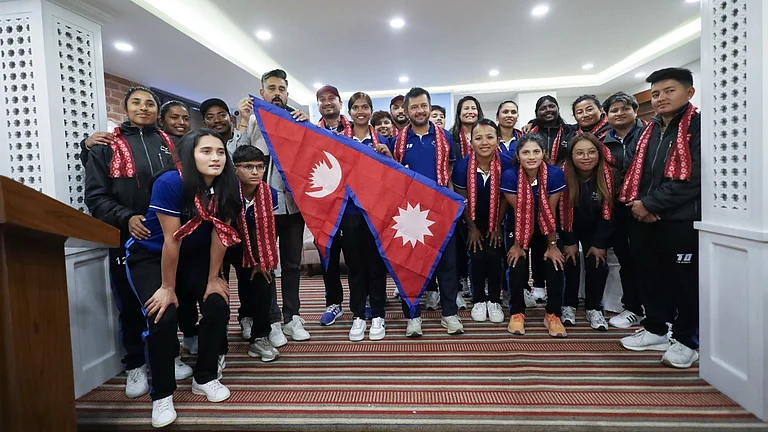Sanjan, the port-city of ancient Gujarat, where the Zoroastrian community first sought shelter in the 8th century and Udvada, the town where the holy fire Iranshah is enshrined, draw a lot of visitors who are keen to learn about the community. But Navsari, the city which sheltered the Iranshah holy fire for over two centuries and is the birthplace of several Indian stalwarts, has somehow remained off the beaten track.
Less than 40km by road from Surat, Gujarat’s famous city for textiles, Navsari is worth exploring for its link to a rich past.
The star attraction of Navsari is the Atash Behram, which celebrated its 250th anniversary in October 2015. Located in the predominantly Parsi enclave of Tarota Bazar, the fire temple does not allow the entry of non-Parsi people but you can always admire the beautiful architecture from outside.
Also in Tarota Bazar, the First Dustur Meherjirana Library, housed in the Maneckbai Maneckji Dustur Meherjirana Buildings, is a must see. The quietness inside is a sharp contrast to the din outside. The library, which was founded in 1874, shifted to its present address in 1906, and has been expanded and restored since.
The library has been named after a learned priest, Meherji Rana, who visited the court of Akbar in 1778-79 as a request from the Mughal governor of Gujarat, to explain about the Zoroastrian religion to the emperor. The emperor was so impressed by Meherji Rana’s discourses that he not only ordered to keep a fire burning day and night at the court during the priest’s stay but also donated a parcel of land to him. The ‘firman’ stating the grant and signed by Abul Fazal is kept in this library. The library has a significant collection of old manuscripts in Avestan, Pahlavi, Farsi and other languages. The oldest manuscript, an Avestan manuscript written in Iran of the Vistasp Yast (G-18), dates to 1323 AD.
A walk through the older part of the city will take you past some of the homes, sprawling bungalows with gardens, when Navsari was a flourishing Parsi settlement. In between, you may take a break at some of the old eateries.
Did you know Navsari was the birthplace of industrialists such as Sir Jamsetjee Jejeebhoy and Sir Jamshedjee Tata and stalwart politician Dadabhai Naoroji? The houses where they were born, now converted into museums, also offer a glimpse at the architecture of the day. Among other noted buildings is the 1849-built Parsi dharamsala, Jamshed Baug.
Lying on the outskirts of Navsari is the Dandi beach (13km by road). It was to this beach that Mahatma Gandhi marched to in 1930 to start the non-violent civil disobedience movement later called the Salt Satyagraha. During the long march from Sabarmati Ashram in Ahmedabad to Dandi beach, Gandhi and his followers walked around 380km and covered 23 villages—the walk later became famous as the Dandi March. Enjoy the beauty of the lonely beach or settle for a picnic here with your family in winter.
The Information
The nearest domestic and international airport is at Surat, 48km away by road. Navsari also lies on the Mumbai-Delhi railway link. It is well connected by NH 228 (Sabarmati-Dandi Highway) while NH 48 passes through the city.


























